When it comes to experimenting with different sweeteners in my recipes, I can confidently say that brown rice syrup is easy to overload on and hard to find. I've used it before, but it wasn't so much to my taste, though it's common in a variety of different Korean dishes.
Brown rice syrup is a generally healthy choice, as a natural sweetener made by fermenting brown rice with enzymes to break down the starches and create a sweet, syrupy liquid. However as I've found out, it's not low histamine and can indeed bother a lot of people's stomachs.
Add in allergies or dietary restrictions, and I figure this list of the best brown rice syrup substitutes will be of help to many people. From honey and maple syrup to agave nectar and molasses, your sub of choice will depends on your personal taste and the recipe you're working on.
Note that the last several substitutes may not be low histamine, so only use ingredients you know you tolerate.
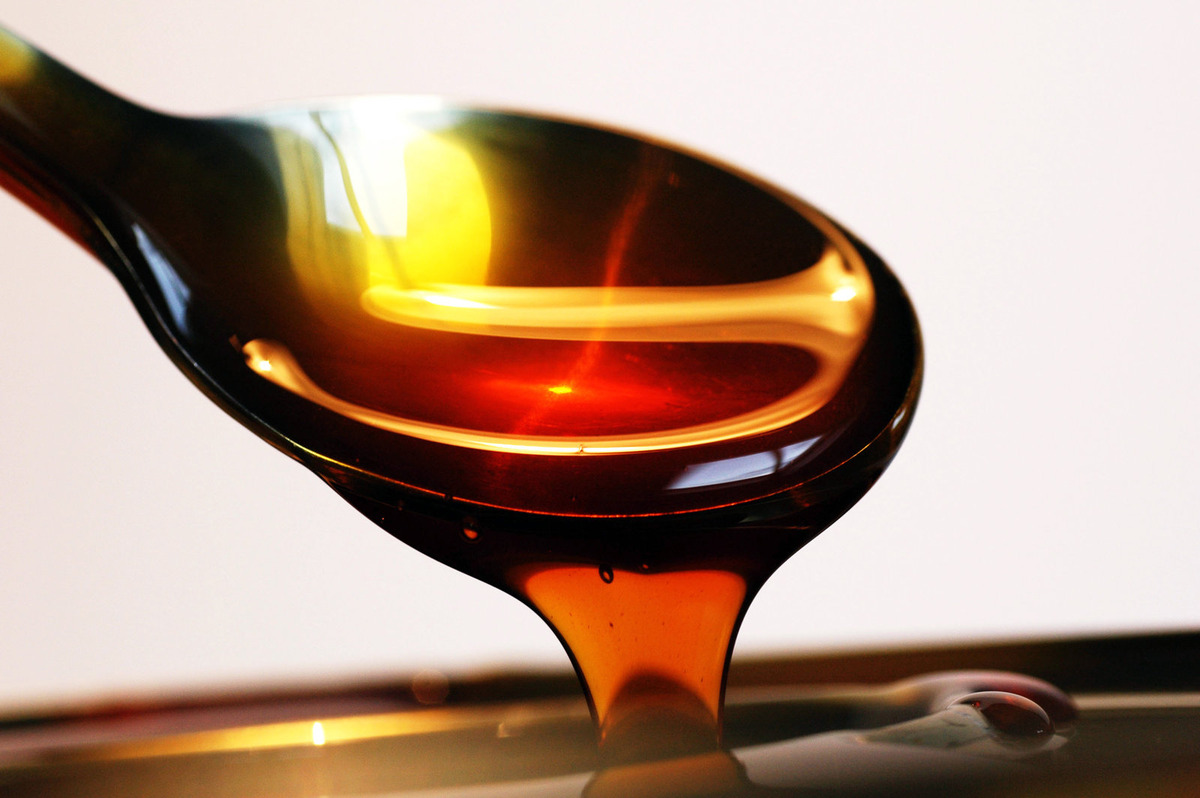
🍚 What Is Brown Rice Syrup?
Brown rice syrup is a natural sweetener made from fermented brown rice, often used in drinks and baked goods as a healthier alternative to other liquid sweeteners, like corn syrup or sugar. For those who tolerate it, one of the great things about this syrup is that it's made from a natural and whole-grain source, brown rice.
It's created by breaking down brown rice starches into simple sugars and then boiling them until they form a thick syrup. People use brown rice syrup as a liquid sweetener for various reasons, but most often it's called-for in specific recipes.
For one, it’s a healthier choice for many as it has a lower glycemic index than other sweeteners, which means it doesn't cause a spike in blood sugar levels. This makes it a better option for people with diabetes or those who are trying to manage their blood sugar levels.
On top of that, brown rice syrup has a mild and subtle sweetness, making it a great option for recipes that require a liquid sweetener that won’t overpower the other flavors. It's also a popular choice for vegans and those with dietary restrictions because it's free from animal products and gluten.
It should be kept in consideration that while brown rice syrup is a natural sweetener, it's still high in calories and should be used in moderation. Also, some brands of brown rice syrup may contain high levels of arsenic, so it's important to choose a reputable brand and consume it in moderation.
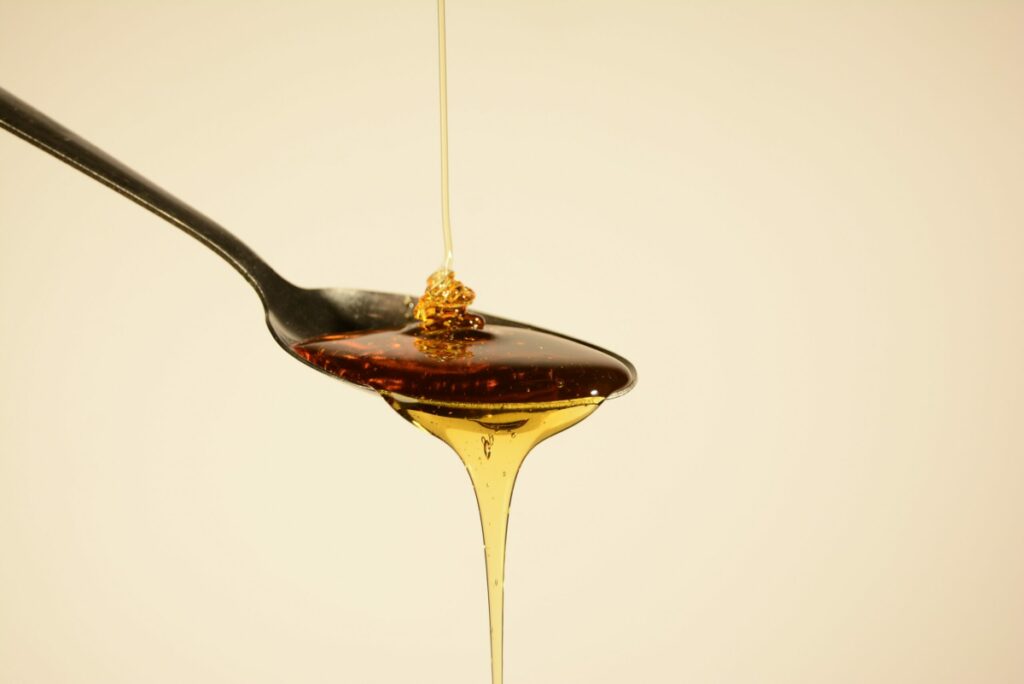
Uses of Brown Rice Syrup
If you're looking for a natural sweetener that’s not as processed as sugar, brown rice syrup is the perfect choice for you. Here are some of the most common uses of brown rice syrup that these substitutes for brown rice syrup can replace.
Baking
It makes a great substitute for sugar when baking due to its similar level of sweetness and moisture, but without the negative effects of refined sugar.
Cooking
It can add a subtle caramel sweetness to dishes without overpowering the other flavors.
Candies & Other Sweets
Brown rice syrup can be used to make candies and sweets, such as caramel, toffee, or fudge, as a substitute for brown rice syrup.
Drinks
Drinks such as tea, coffee, or smoothies can all be sweetened by it as it dissolves easily in liquid and provides natural sweetness without the need for additional sugar.
Gluten-Free Baking
It’s a popular sweetener in gluten-free baking, as it can help create a similar texture and flavor to wheat-based products.
🍯 Brown Rice Syrup Substitutes
Honey
1 cup of brown rice syrup = ½ cup of honey
Honey is a natural sweetener that is commonly used as a brown rice syrup substitute, with its similar consistency and taste making it an excellent replacement in recipes. Honey is also sweeter than brown rice syrup, so keep this in mind if you plan on using it in your recipe(s).
You may also need to adjust the amount of this ingredient in the recipe to achieve your preferred level of sweetness. Another great thing about honey is that it’s high in antioxidants and has antibacterial properties, as it's been used for centuries for its medicinal properties and as a healthier alternative to refined sugar.
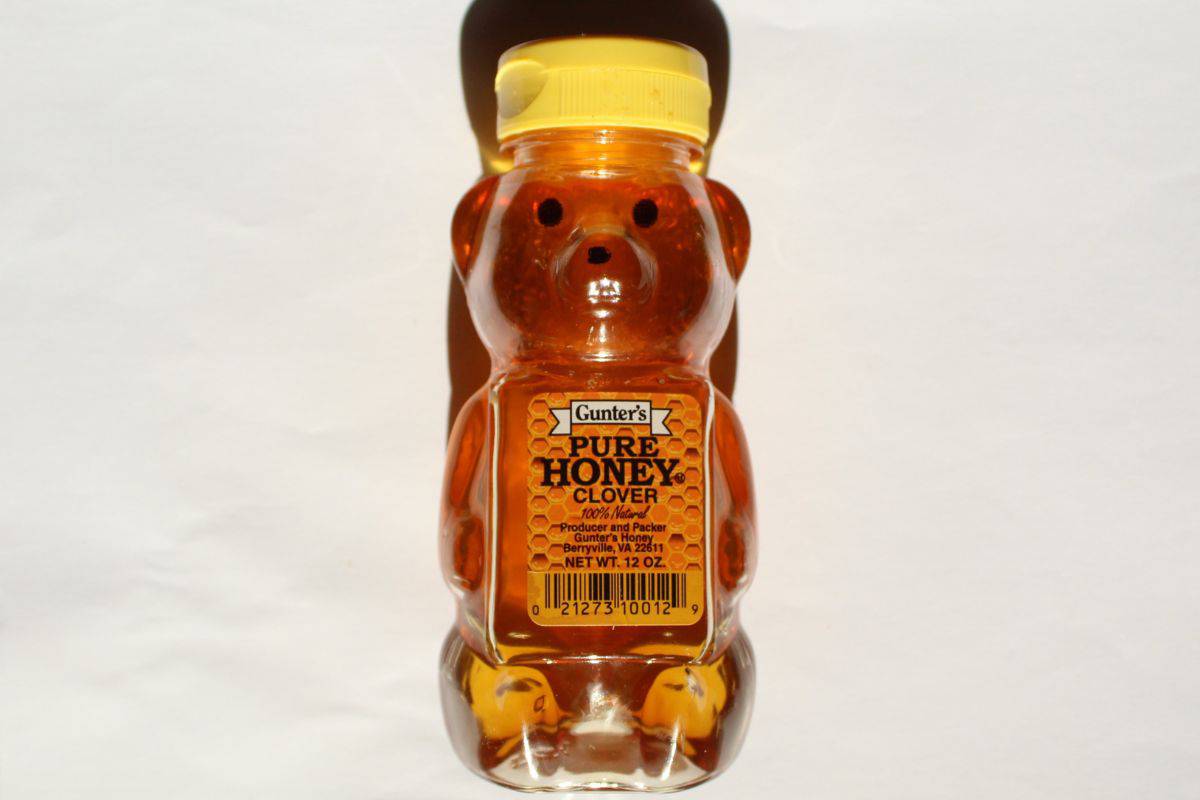
Molasses
1 cup brown rice syrup = ½ to ⅓ cup light molasses
Molasses is a dark, thick, and syrupy sweetener that’s made by boiling down sugarcane juice. It has a robust, earthy flavor that's slightly bitter with a distinct aroma, making it a great alternative to brown rice syrup thanks to its similarity in consistency and sweetness level.
It’s important to note that it has a stronger flavor and darker color than borwn rice srup, however, so if you want a milder taste, you can mix molasses with other sweeteners like honey or maple syrup.
Agave Syrup (Agave Nectar)
1 cup brown rice syrup = ⅔ to ½ to cup agave syrup
If you're looking for a liquid sweetener that's vegan-friendly and has a low glycemic index, agave syrup a.k.a. agave nectar is your best bet, as it’s derived from the sap of the agave plant, native to Mexico. It's sweeter than table sugar and has a thinner consistency than brown rice syrup, hence the mismatched swap ratios.
Agave syrup has a glycemic index of around 15, which is markedly lower than honey and table sugar. This means it causes a slower and more gradual rise in blood sugar levels, however it's high in fructose, which can be harmful in excess.
The syrup also has a mild, neutral flavor that works well in many recipes that require a liquid sweetener, such as smoothies, salad dressings, and marinades. It can also be used as a substitute for honey or maple syrup in baking.
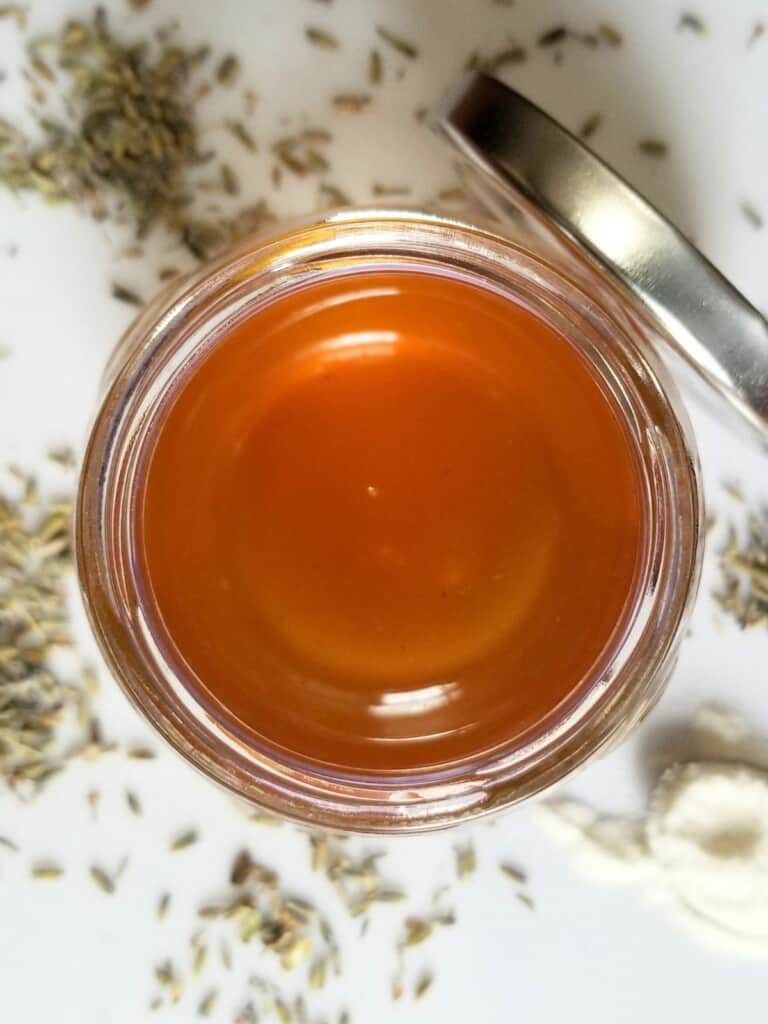
Date Syrup
1 cup brown rice syrup = ⅔ cup date syrup
For a natural and healthy alternative to brown rice syrup, date syrup is a great option to consider. This syrup is made from dates that have been cooked down and then strained to create a thick, sweet syrup that is perfect for baking and cooking, so it's not aged or fermented.
One of the benefits of using date syrup as a substitute for brown rice syrup is that it has a pretty similar consistency and just slightly more sweetness, which makes it the superb option for recipes that call for brown rice syrup, such as granola bars, energy bites, and bread.
In addition to its rich taste and texture, date syrup is also packed full of nutrients. It’s high in fiber, potassium, and antioxidants, making it a great addition to your diet.
If you’re planning on using this syrup as a substitute, then remember that it has a sweeter and stronger taste, which could mean you may need to adjust the amount of syrup you use in your recipe to reach your preferred level of sweetness.
Maple Syrup
1 cup brown rice syrup = ¾ cup maple syrup
Maple syrup is a popular sweetener that can also be used as a brown rice syrup substitute. It’s made from the sap of maple trees and has a rich, sweet flavor that works well in a variety of recipes. But when using maple syrup as a substitute for brown rice syrup, keep in mind that it’s thinner and more runny than brown rice syrup.
This means that you may need to adjust your recipe to account for the difference in consistency. Maple syrup is a good option for those who prefer a natural sweetener, as it's also a good source of antioxidants and minerals like zinc and manganese.
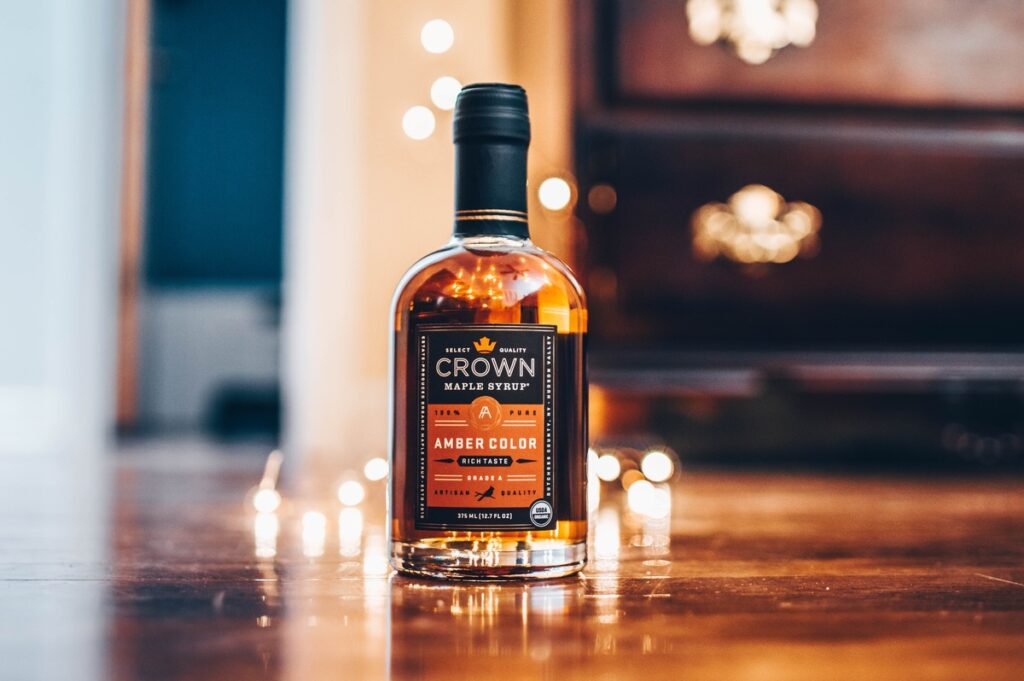
Coconut Nectar
1 cup brown rice syrup = 1 cup coconut nectar
Another great brown rice syrup alternative is coconut nectar. This nectar is a natural sweetener that’s made from the sap of coconut flowers and rich in vitamins and minerals such as potassium, magnesium, and zinc and also has a low glycemic index, which means that it does not cause a spike in blood sugar levels.
Coconut nectar has a mild and sweet flavor that's similar to brown rice syrup, toasty and mildly caramelized. It's also thicker than other liquid sweeteners, which makes it ideal for use in baking as a binder.
Stevia
1 cup brown rice syrup = 1 teaspoon liquid stevia
Stevia is the perfect low-calorie and low-sugar substitute for brown rice syrup, as well as being an all-natural sweetener hailing from the leaves of the stevia plant, much sweeter than sugar.
Stevia is available in both liquid and powder form, with the liquid form being a great addition to drinks like tea or coffee, while the powder form is better for baking and cooking. You'll need to adjust the amount you use accordingly, as stevia is as much as 200x sweeter than sugar.
Stevia is also a suitable option for those looking to reduce their sugar intake as it has zero calories and doesn't raise blood sugar levels, making it a great choice for people with diabetes or those who are watching their weight.
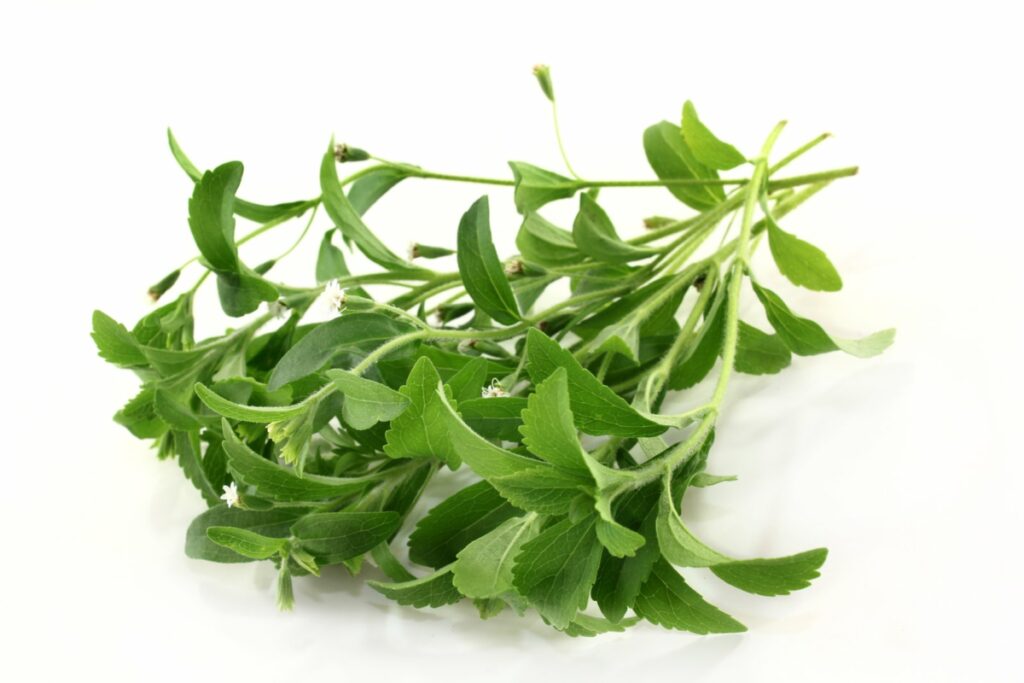
Tapioca Syrup
1 cup brown rice syrup = 1 cup tapioca syrup
Tapioca syrup is made from cassava root, which is a starchy vegetable that’s commonly found in South America, Africa, and Asia. The cassava root is processed to extract the starch, which is then converted into syrup through a natural enzymatic process.
People use tapioca syrup as a liquid sweetener for multiple reasons, such as a neutral flavor, meaning it won't overwhelm the other ingredients in your recipe or drink. But it also has a low glycemic index, meaning it won't cause a high spike in your blood sugar levels like other sweeteners could.
Tapioca syrup is about as sweet as brown rice syrup, so you'll need to use about the same amount as called-for in your recipe to achieve the desired level of sweetness. Just note that it can have a slightly nutty flavor that may not be to everyone's taste.
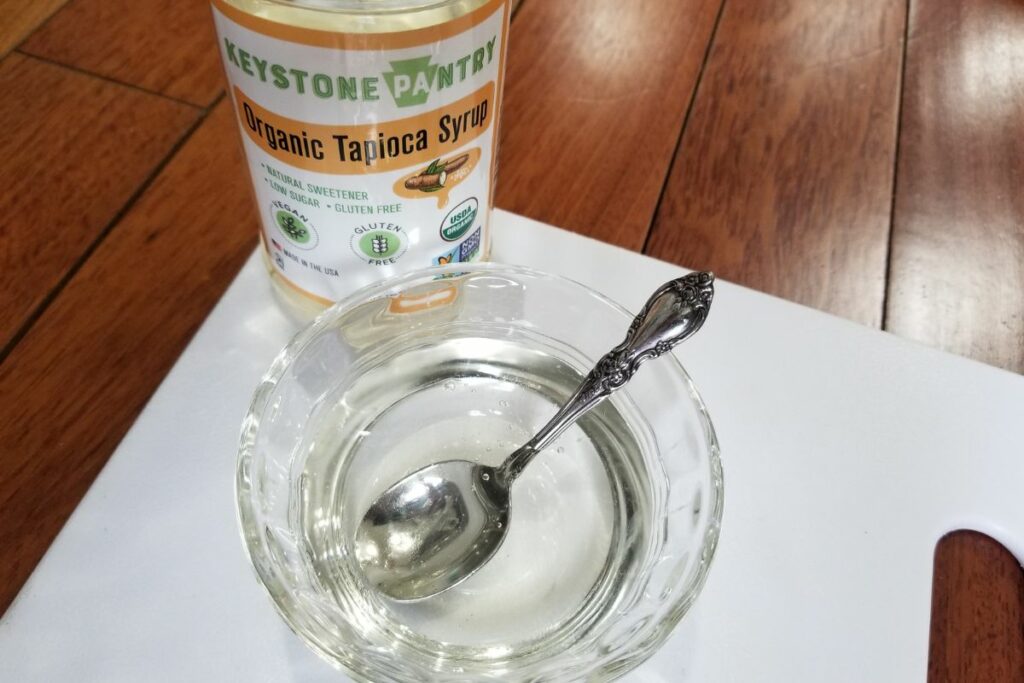
Fruit Juice
1 cup brown rice syrup = 1 cup fruit juice
Fruit juice is another great option for a brown rice syrup substitute that you can use in your recipes, as it’s a natural sweetener that’s made from the juice of fruits. Here are some of the most popular fruit juices that you can use:
- Apple Juice: This is a popular alternative because it is readily available and has a mild flavor that won't overpower your dish. It’s also a good source of vitamin C, relieves constipation, and provides weight loss assistance.
- Grape Juice: Grape juice is another popular option for your fruit juice because it has a sweet flavor that’s similar to brown rice syrup. It’s also loaded with vitamins and minerals that provide antioxidants, relieve migraines, and even boost your brain power.
- Orange Juice: Lastly, orange juice is a classic sweetener that can be used in various drinks and recipes. This type of fruit juice is a good source of vitamin C and other antioxidants, which can help prevent kidney stones.
Fruit juice isn’t as thick as brown rice syrup, so with this in mind, adjust the amount of liquid in your recipe to compensate for this if you plan on using it as a substitute.
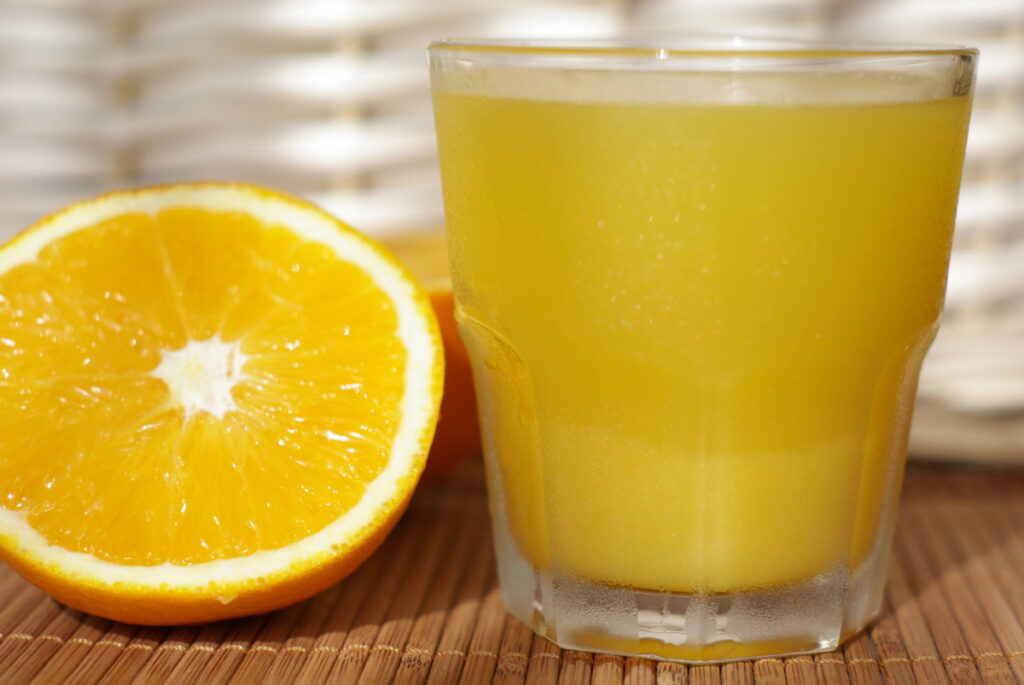
Barley Malt Syrup
1 cup brown rice syrup = ⅔ cup barley malt syrup
Barley malt syrup is made from sprouted barley that's been dried and then cooked down into a thick, sticky syrup. It has a rich, malty flavor that is perfect for adding depth and complexity to your favorite recipes.
It also has a low glycemic index, and is jam-packed with nutrients like iron, magnesium, and B vitamins, so you're getting more than just a sweet taste. One thing to keep in mind when using barley malt syrup as a substitute is that it's not as sweet, so you may need to use a little more of it to achieve your desired level of sweetness.
Corn Syrup
1 cup brown rice syrup = 1 cup corn syrup
Corn syrup is a well-known and common substitute for brown rice syrup. It’s made from cornstarch and is a sweet, thick liquid that’s used in baking and cooking, though it's not the most histamine-friendly option. The syrup is usually less expensive and is readily available in most grocery stores.
When using corn syrup, remember that it is sweeter and thinner than brown rice syrup. You may need to adjust the amount of corn syrup you use in your recipe so that you don’t over-sweeten, and can get the right level of sweetness, binding power, and thickness.

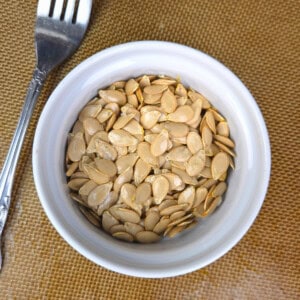
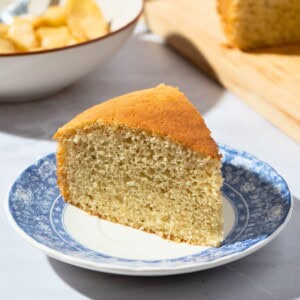
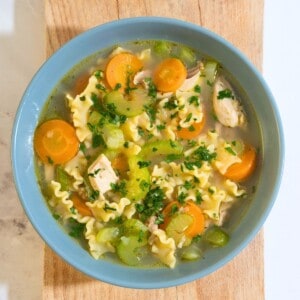
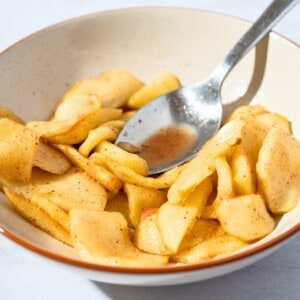
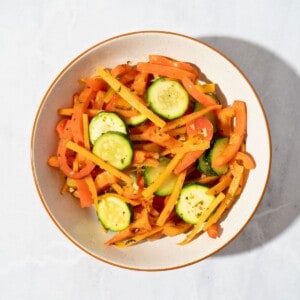
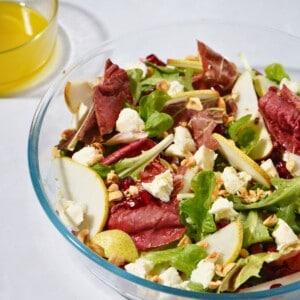
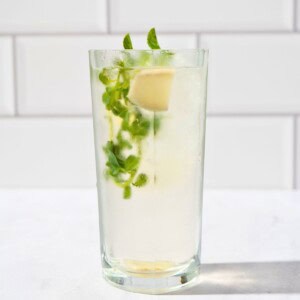
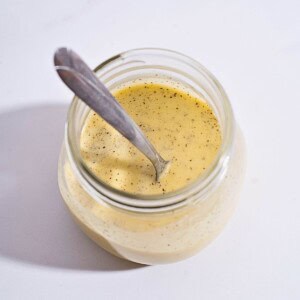
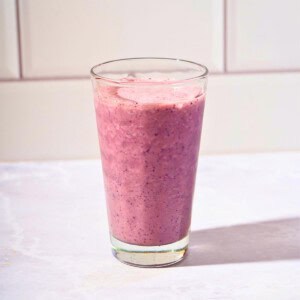
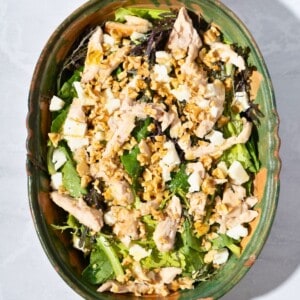
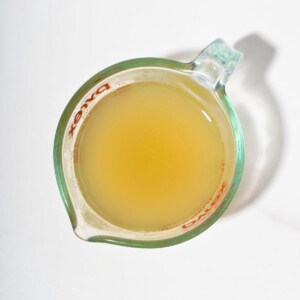
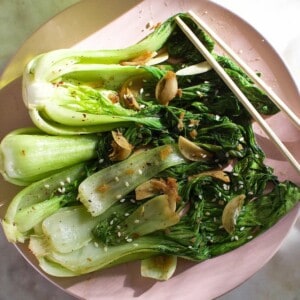
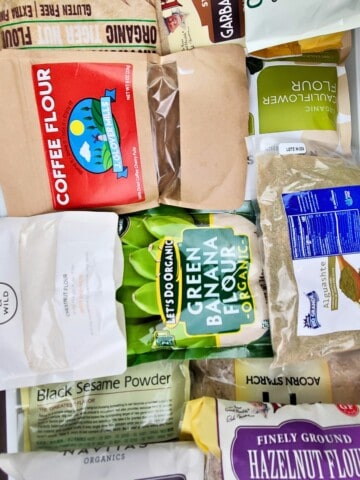
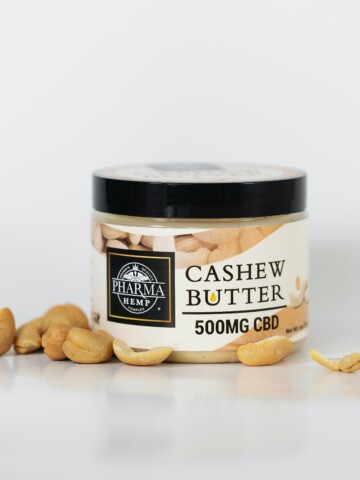
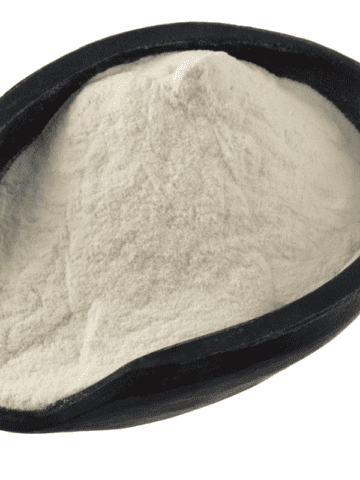
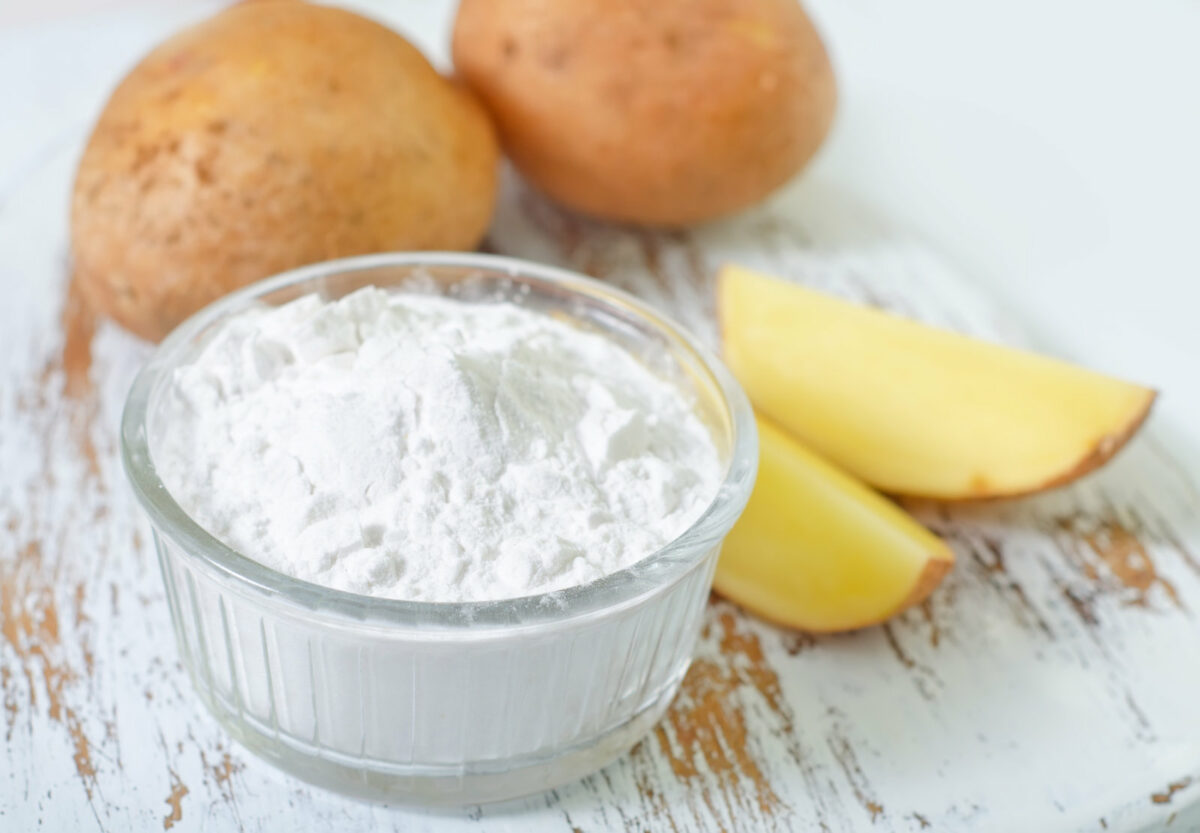
Comments
No Comments